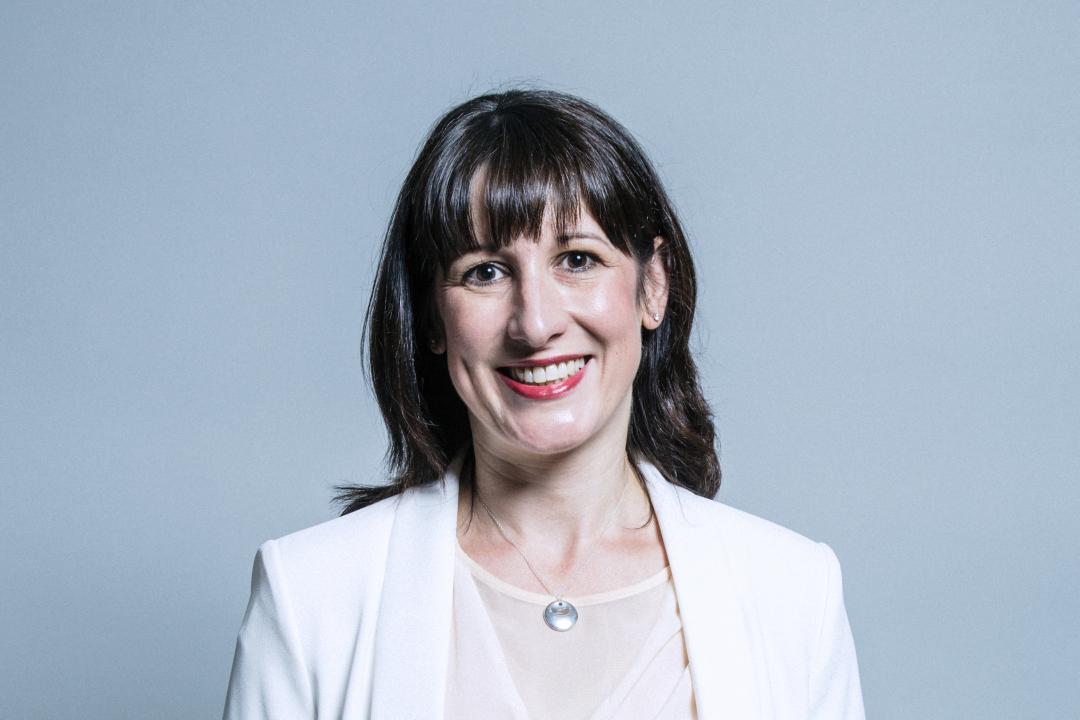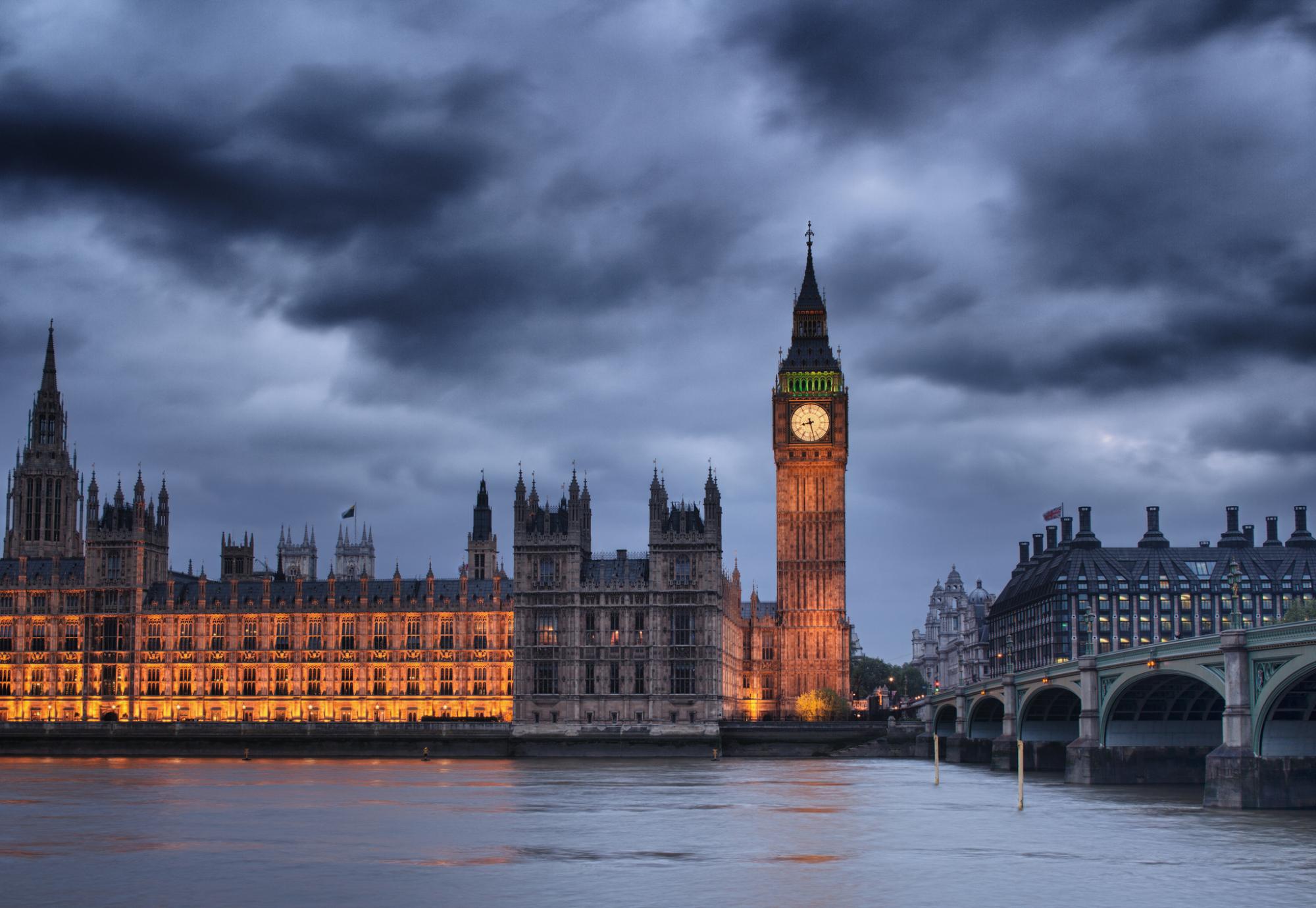Chancellor of the Exchequer Rachel Reeves has delivered her 2025 Autumn Budget, and it brought a commitment to reducing NHS waiting lists, and delivering improvements across health.
As reported by National Health Executive, the Chancellor confirmed that a significant amount of funding would be committed to the NHS so that waiting times can be reduced and care can be delivered closer to home. This commitment came through £300 million to drive technology improvements, as well as 250 new Neighbourhood Health Centres.
Whilst one of the underlying messages of the Budget was that the government would be supporting the NHS with increased investment and support, there wasn’t a huge amount by way of specific spending allocations – this is how some key figures in the health sector responded to the Chancellor’s announcements.
NHS Confederation
Matthew Taylor, Chief Executive of the NHS Confederation:
"NHS leaders across the UK understand the pressure on public finances and that's why they are reforming local services to deliver higher quality and more efficient care.
"To go further, they need more capital investment to create new facilities and fix the NHS' crumbling estate. That's why the decision the Chancellor has made in the Budget to allow private capital to be used to build new neighbourhood health centres in the English NHS is so important. Using private capital to build new facilities not only increases overall investment in the NHS but frees up public funding to tackle the £16 billion estates maintenance backlog.
"This is a first step to bringing vital investment into an NHS that has been starved of capital funding for more than a decade. NHS leaders will hope further private capital can be leveraged to create new and upgraded facilities in hospitals and mental health services.
"Much of the UK government rhetoric today is focused on how the Budget is prioritising the NHS over other areas. NHS leaders don't take this for granted, but the reality is that the NHS budget in England is under significant pressure from rising demand for care, ongoing strike action and the threat of higher drug prices as highlighted by the Office for Budget Responsibility. In particular, local services cannot continue to absorb the costs of ongoing strike action by the BMA without consequences to patient care."
NHS Providers
Daniel Elkeles, Chief Executive, NHS Providers:
"The Chancellor has opened a welcome new pathway for NHS capital investment which we’ve long called for. Investing in more new neighbourhood health centres will help the NHS to shift care from hospitals closer to where people live.
"The NHS is again central to the Budget although no extra money has been allocated specifically to help tackle waiting lists over the course of the current spending review period nor for a potential rise in the costs of medicines in any deal with the USA.
"Nor is there any extra money to meet NHS staff pay rises above the 2.5% allowed for in the settlement from government, possibly not a realistic figure when welfare benefits and pensions are going up by around 4%.
"£300million more for new digital technology will go a long way to letting staff spend more time with patients rather than on time-consuming admin duties.
"And with more prevention of ill health a key ambition of the government’s 10-year Health Plan it’s great to see an extension of the tax on sugary drinks.
"Trusts work hard to make the most of every pound going into the NHS and are doing everything they can amid costly strikes - which put even more pressure on already strained budgets - and high demand to slash waiting times and see patients as quickly as possible."

Rachel Reeves, Chancellor of the Exchequer
Nuffield Trust
Sally Gainsbury, Senior Policy Analyst at Nuffield Trust:
“Under today’s Budget, day-to-day NHS spending is set to rise 2.2% next year, and while it has escaped cuts, this harks back to the slow growth we saw under 2010s austerity. There are some small boosts to pay for redundancies and new NHS tech. But with this now set to be one of the tougher periods for funding in the NHS’s history, an awful lot is being asked from this modest increase - from improving access to GPs in poorer areas, to totemic pledges like reducing hospital waiting lists.
“As the OBR warns, the unresolved dispute between government and the pharmaceutical industry is still looming large. If the government concedes to pay higher prices for the same drugs, that will either eat into today’s settlement or divert funding away from more cost-effective care like GP appointments, which give patients much greater health benefit for every pound spent.
“Meanwhile, today’s Budget has boosted the National Living Wage - which will come as welcome news to the many social care workers on low wages - but there’s no new money to help the care sector with the impact. With almost a quarter of the 1.5 million strong care workforce paid within 10 pence of the Living Wage in 2024, even small increases can have a big impact on the cost of delivering care. We estimate that this increase could cost the sector around £1.2 billion[1]. It is difficult to see how current levels of investment will stretch to deliver even the planned social care workforce reforms, let alone leave enough for wider changes to England's broken care system.
“Social care is still in dire straits and the impact of last year’s Budget measures, including Employer National Insurance rises, are beginning to bite. Ultimately, people who need care and support will feel the effects as cost pressures continue to increase.”
Image credit: iStock and UK Parliament



















